Optimal Seasons for Foundation Repairs
Foundation repairs are most effectively performed during specific times of the year when weather conditions favor stable and safe construction practices. Typically, the best time is during moderate temperatures and dry conditions, which help prevent delays caused by excessive moisture or extreme cold. Scheduling repairs in spring or early fall can minimize disruptions and ensure optimal curing and settling of foundation materials.
Performing foundation repairs during suitable weather conditions reduces the risk of complications such as soil movement due to freeze-thaw cycles or heavy rainfall. It also allows for better inspection and assessment of the foundation's condition, leading to more precise repairs. Proper timing can contribute to the longevity and effectiveness of the repair work.
Spring and fall are ideal due to moderate weather, reducing risks associated with extreme temperatures or moisture.
Dry conditions are preferred to avoid delays caused by rain or snow, which can hinder excavation and curing processes.
Timing repairs when soil is less prone to shifting ensures better stability and long-term results.
Extreme cold can cause soil contraction, while excessive heat can lead to soil expansion, both affecting foundation stability.
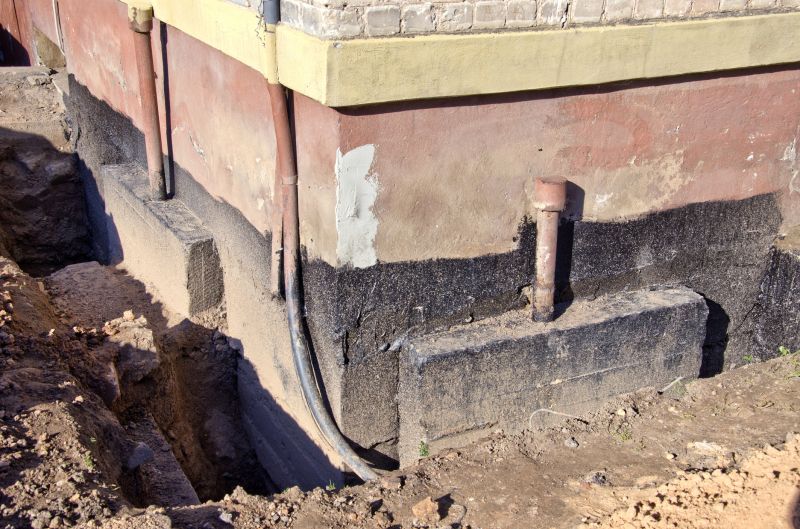
Spring offers moderate temperatures and less precipitation, ideal for foundation work.
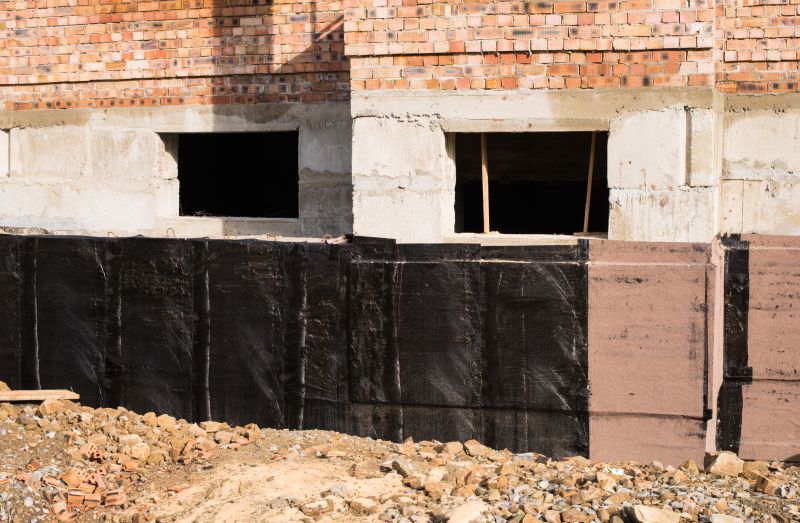
Fall provides cooler, dry weather, facilitating effective repairs before winter.
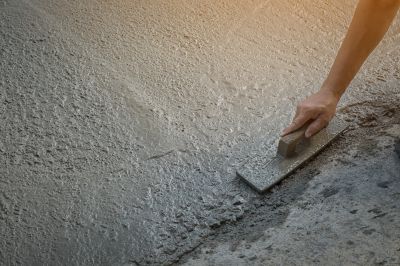
Choosing a dry, moderate season ensures better soil stability and curing conditions.
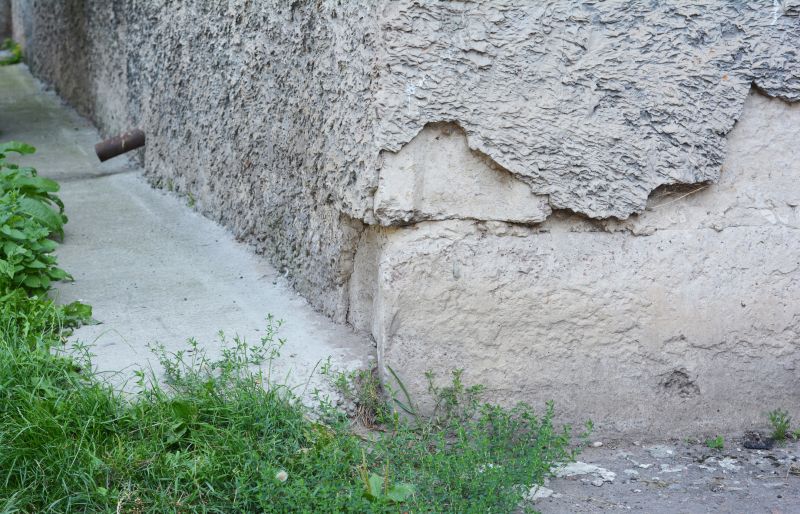
Understanding soil behavior during different seasons helps determine the best repair timing.
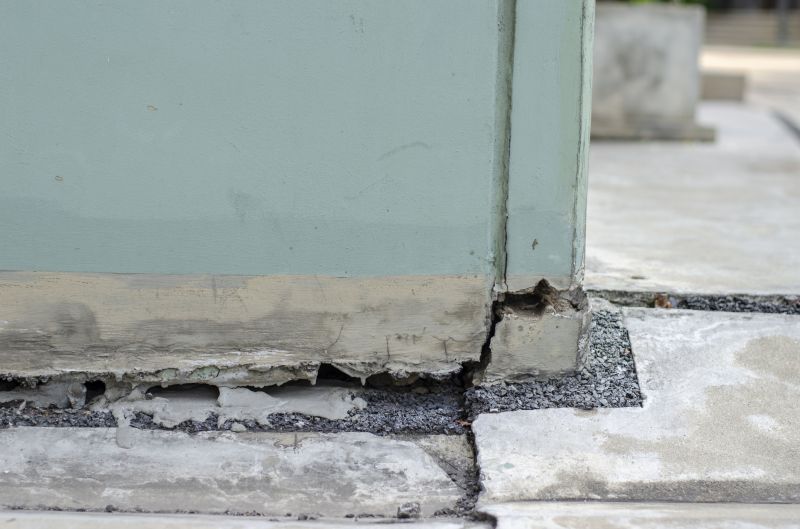
Proper planning around seasonal weather can improve repair outcomes and durability.
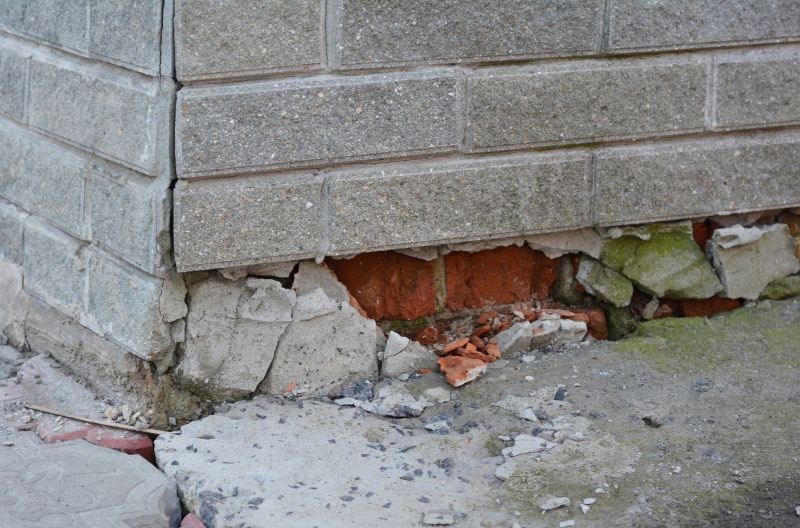
Winter repairs are generally avoided due to frozen ground and unpredictable weather patterns.
| Season | Advantages |
|---|---|
| Spring | Moderate weather, less rain, good soil conditions |
| Summer | Longer daylight hours, stable temperatures |
| Fall | Cool, dry weather, ideal for curing |
| Winter | Typically avoided due to freezing ground and weather delays |
Foundation repairs are critical for maintaining structural integrity and preventing further damage. They involve addressing issues such as settling, cracking, or shifting caused by soil movement, moisture fluctuations, or age-related deterioration. Proper timing and execution of repairs can extend the lifespan of a building's foundation, reduce future repair costs, and ensure safety. In Monroe, MI, understanding local climate patterns and soil conditions helps determine the most suitable periods for foundation work. Regular inspections and timely repairs can prevent significant structural problems and preserve property value.


